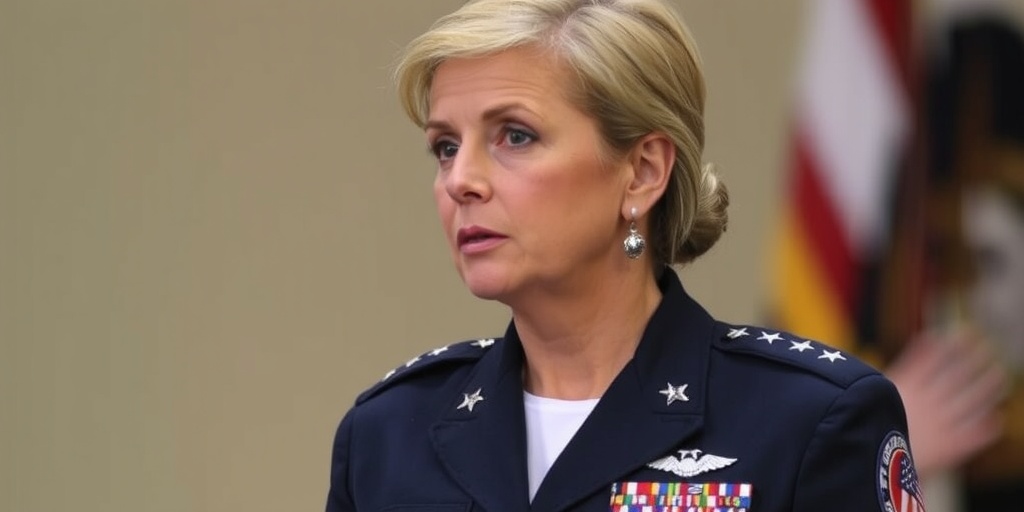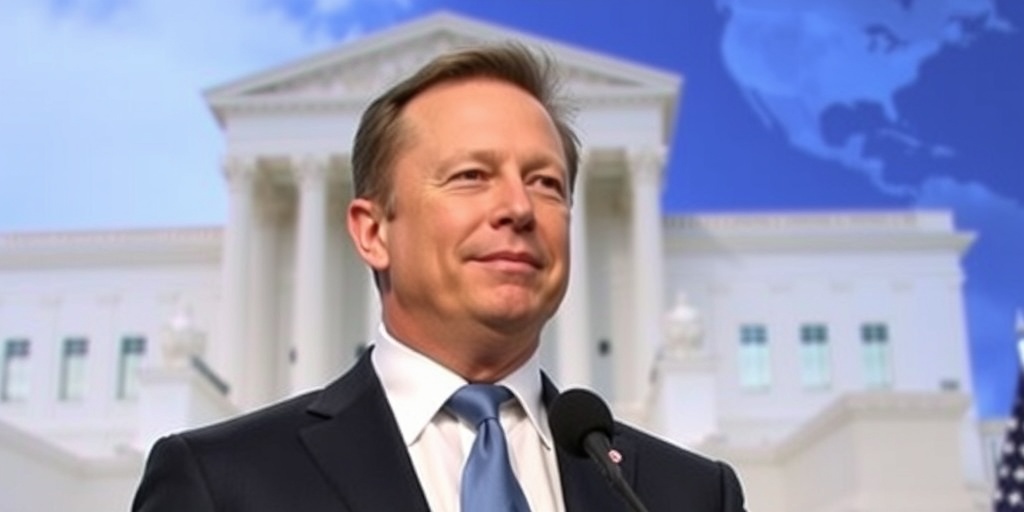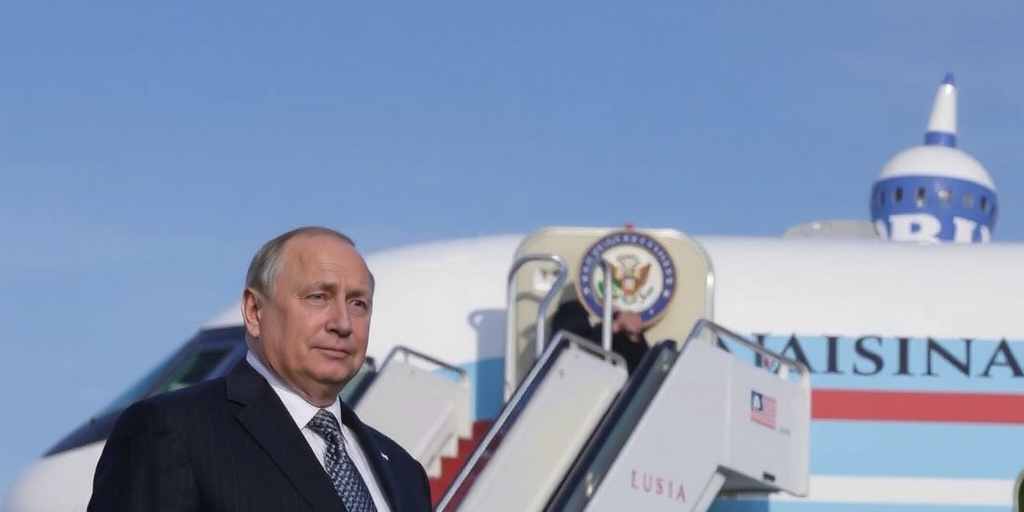Now Reading: Biden Aides Alert Putin Amid Russia’s Risk of Air Disaster
-
01
Biden Aides Alert Putin Amid Russia’s Risk of Air Disaster
Biden Aides Alert Putin Amid Russia’s Risk of Air Disaster
Title: Rising Tensions as U.S. Officials Uncover Russian Sabotage Plans Targeting Air Cargo
In the summer months, a series of unexpected and dangerous cargo fires erupted in airports and warehouses across Germany, Britain, and Poland. These incidents raised immediate concerns among U.S. and European officials, leading them to suspect that Russia might be behind the sabotage. The situation escalated when, in August, U.S. intelligence agencies obtained alarming information indicating that Moscow had plans extending beyond Europe — potentially bringing the conflict in Ukraine directly to American soil.
The alarming intelligence suggested that Russia was testing incendiary devices disguised within consumer products that could be shipped via air. Among the items noted was an electronic massager that caught fire. In a series of urgent Situation Room briefings, top aides to President Biden concluded that these actions were likely part of a broader strategy. Once the Russians learned how these packages managed to evade standard air-cargo screening and the timelines associated with shipping, they appeared poised to send similar packages to the U.S. and Canada, risking catastrophic fires upon their arrival.
Homeland Security Secretary Alejandro Mayorkas expressed grave concerns, stating that a catastrophic error could occur, particularly if an incendiary device ignited on a passenger or cargo plane filled with people. In response to these rising threats, Mayorkas instituted new security screening measures for cargo entering the U.S. and met discreetly with executives from major airlines to enhance safety protocols aimed at preventing potential midair disasters.
As the government grappled with these revelations, White House officials debated the extent of President Putin’s knowledge regarding the plot. Did he sanction these operations, or was he unaware of them? To prevent further escalation, high-ranking officials initiated a series of warnings to Putin. Utilizing a playbook originally drafted in October 2022 — when there were fears Russia might resort to using a tactical nuclear weapon in Ukraine — national security adviser Jake Sullivan, alongside CIA Director William Burn, sought to ensure that their message reached the Kremlin.
The core of their warning stressed that any actions resulting in mass casualties from the sabotage would lead the United States to hold Russia accountable for enabling terrorism. Although Sullivan and Burns refrained from detailing what the U.S. response might entail, they made it clear that any escalation would transform the ongoing shadow war between Washington and Moscow into something far more perilous.
The situation reflects an ongoing struggle as Russia attempts sabotage to undermine NATO’s resolve to support Ukraine while avoiding triggering a full-blown conflict with the alliance. The risk has permeated daily life across Europe, where citizens now face elevated security threats, especially at airports, seaports, and major urban centers.
Fortunately, it appears that the warnings delivered to the Kremlin were heard, as the surge of cargo fires in Europe has subsided, although officials remain uncertain whether Putin sanctioned a halt or simply delayed operations to develop more sophisticated devices. Some officials speculate that the G.R.U., Russia’s military intelligence, may have operated independently, instigating such actions without Putin’s direct consent, thereby allowing the Kremlin to maintain plausible deniability should anything go awry.
While the White House was relieved to avert immediate disaster, the officials involved expressed unease about Russia’s motivations. In light of perceived Ukrainian successes on Russian soil, including recent attacks around territorial borders, there is genuine concern that the conflict will spiral into new territories, with tactics meant to provoke NATO without drawing them into an outright war.
Reports indicate that Russian operatives are increasingly employing forms of sabotage across Europe, targeting entities that support Ukraine’s military efforts. Recent intelligence uncovered plots against key figures in the arms industry, further revealing the extent of Russian actions.
In late July, a package containing an incendiary device sparked a fire at a DHL facility in Leipzig, triggering swift investigations. Germany’s domestic intelligence agency noted that the incident narrowly avoided causing a catastrophic plane crash. Investigations found that packages linked to the fires in Leipzig, Birmingham, and a Polish courier company were essentially precursors to larger attacks, as they tested how to effectively hide flammable materials for subsequent shipments to North America.
Throughout August, U.S. officials recognized the dire need to communicate effectively with Putin, emphasizing the necessity for him to acknowledge the threat these sabotage efforts posed to innocent civilians. Sullivan and Burns made direct contact with their Russian counterparts, focusing particularly on reassurances regarding civilian safety and warning of the broad implications of the incendiary packages.
As the approach of proposed negotiations between the U.S. and Russia grew nearer, both countries seem caught in a precarious balance of power, with ongoing dialogues hinting at the potential for future communication despite the frayed ties since the onset of Russia’s invasion of Ukraine.
In summary, the recent discovery of Russian plans for sabotaging air cargo highlights the increasing complexity of the international conflict. Experts assert that such incidents signify a larger and troubling trend wherein Russia seeks to destabilize established international norms and provoke direct confrontations while seeking to avoid outright war. The situation reminds us of the delicate and dangerous interplay of national security, international diplomacy, and ongoing conflict, raising critical questions about future engagements and potential resolutions.
Stay Informed With the Latest & Most Important News
Previous Post
Next Post
-
 01New technology breakthrough has everyone talking right now
01New technology breakthrough has everyone talking right now -
 02Unbelievable life hack everyone needs to try today
02Unbelievable life hack everyone needs to try today -
 03Fascinating discovery found buried deep beneath the ocean
03Fascinating discovery found buried deep beneath the ocean -
 04Man invents genius device that solves everyday problems
04Man invents genius device that solves everyday problems -
 05Shocking discovery that changes what we know forever
05Shocking discovery that changes what we know forever -
 06Internet goes wild over celebrity’s unexpected fashion choice
06Internet goes wild over celebrity’s unexpected fashion choice -
 07Rare animal sighting stuns scientists and wildlife lovers
07Rare animal sighting stuns scientists and wildlife lovers





















